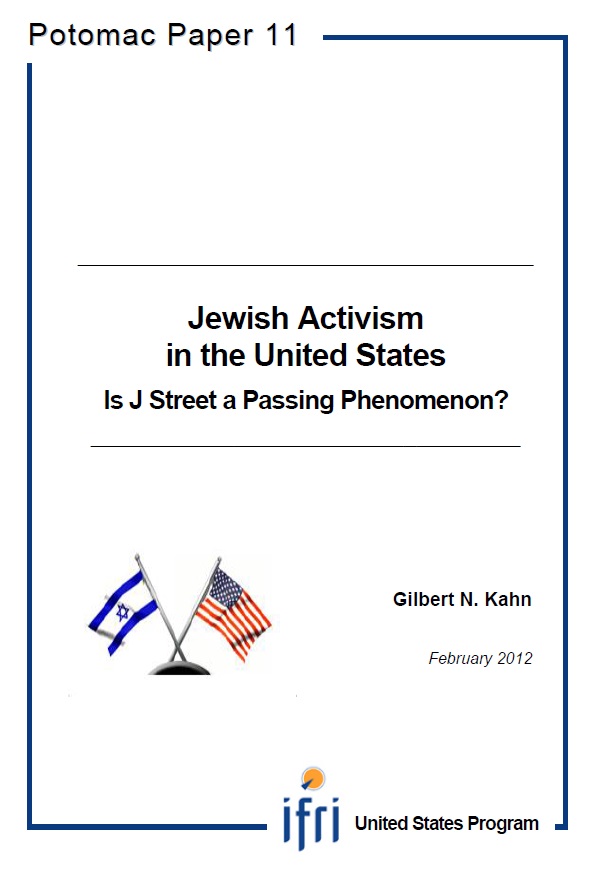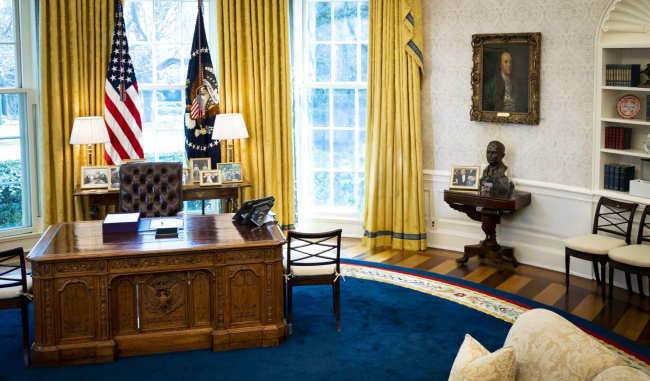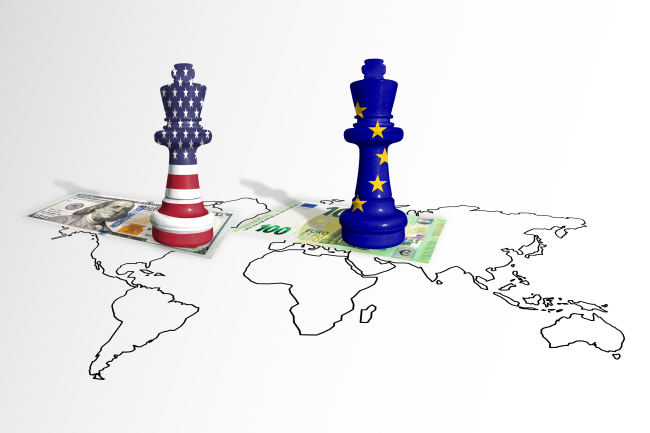Jewish Activism in the United States: Is J Street a Passing Phenomenon?

Created in the Fall of 2008, the J Street movement seeks to represent those in the U.S. Jewish community who would like Washington to be more active in supporting a lasting peace in the Middle-East.
According to Professor Gilbert Kahn, while J Street shatters the one-voice support of Israeli positions represented by the American-Israeli Public Affairs Committee (AIPAC) since the 1950's, its chances of success are slim. As long as J Street operates, however, the ideas it defends (settlement freeze, new rounds of negotiations, etc.) will receive more attention, especially on university campuses in America.
The Jewish community represents approximately 2.5% of the population of the United States. It is present in most high-profile professions however, including elected and appointed positions throughout the country and on Capitol Hill.

Available in:
Regions and themes
ISBN / ISSN
Share
Download the full analysis
This page contains only a summary of our work. If you would like to have access to all the information from our research on the subject, you can download the full version in PDF format.
Jewish Activism in the United States: Is J Street a Passing Phenomenon?
Related centers and programs
Discover our other research centers and programsFind out more
Discover all our analysesDonald Trump v. the States: the Case of New York
While the disruptive policies of the second Trump administration are being implemented at the federal level and on the international stage, they are also being felt in the federal states and major cities across the country. In the spring of 2025, several cases involving the state and city of New York demonstrate that the president’s attacks on environmental protection, the separation of powers, freedom of speech, etc., are also being carried out at the local level.
How the US under Trump Became a Strategic and Ideological Adversary of Europe
The Europeans' worst security nightmare seems to be coming true: on Tuesday, February 18, 2025, U.S. Secretary of State Marco Rubio and Russian Foreign Minister Sergey Lavrov met in Saudi Arabia to initiate the normalization of relations between their two countries. The meeting also aimed to set up peace negotiations for Ukraine. However, despite having the potential to affect the entire continent, the discussions took place without the Europeans or the Ukrainians being present.
Will Trumpian Authoritarianism Lead to a Constitutional Crisis?
Since his return to the White House on January 20, 2025, President Donald Trump has signed around sixty executive orders to implement his political agenda. Numerous other measures have also been introduced by the White House and the new Department of Government Efficiency (DOGE) as part of these orders.
Trump’s Second Term: Laying the Groundwork for a New Trade War
In a statement released on February 1, 2025, President Trump announced the implementation of a 10% tariff on Chinese goods and a 25% tariff on imports from Canada and Mexico. While the former took effect via executive order on February 4, the latter were granted a 30-day reprieve. Sanctions targeting European Union (EU) products are said to be imminent.








